5 Tips to Make Your Rental Fleet Last Longer
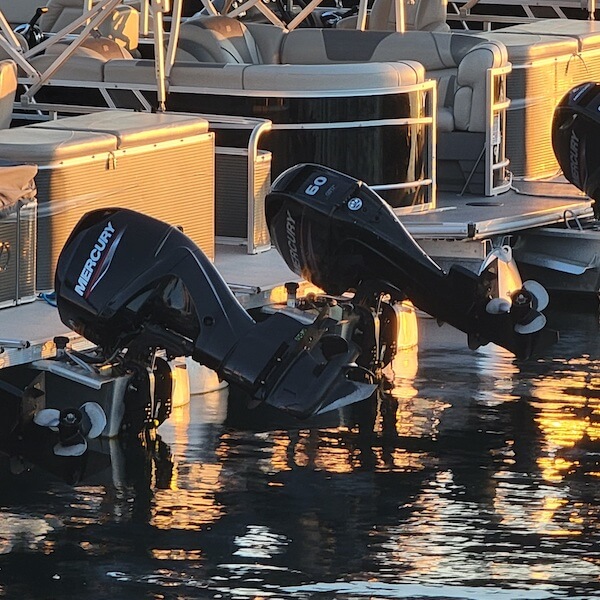
A boat rental fleet is a huge investment. Over the years, you’ve sunk endless hours and lots of money into your fleet. These boats aren’t just your livelihood (and your retirement plan). They’re your babies. Your pride and joy. Your fleet.
Maximize your investment by properly maintaining your vessels. A little work now can save a lot of headaches later on. Dig into these five tips, and make sure to keep your vessels safe and beautiful for years to come.
Boosting Customer Experiences with Smart Technology
1. Cabins and Cockpits
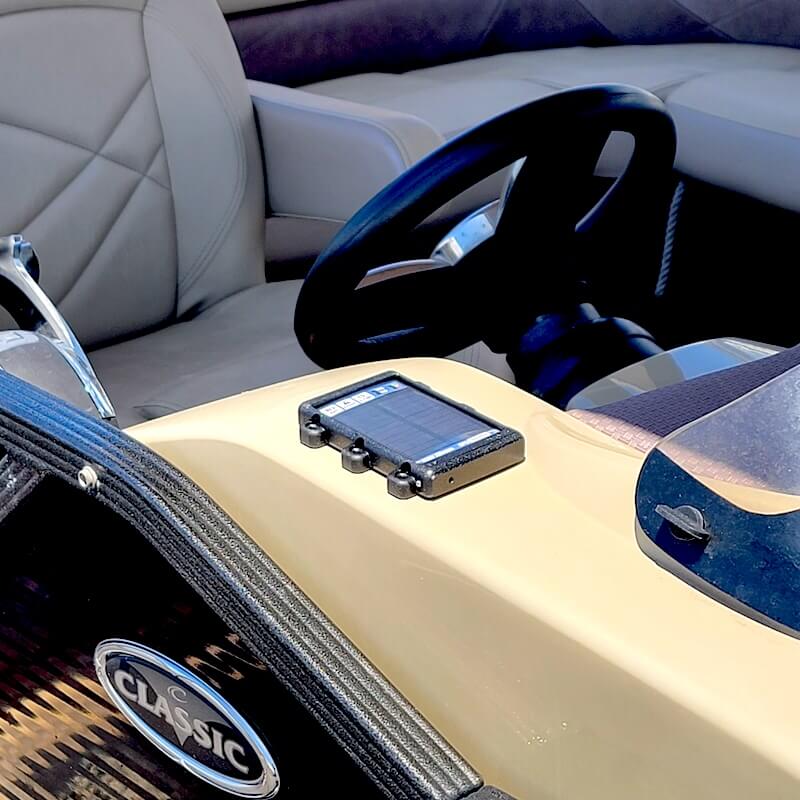
In a pinch, you can quickly cover up bad cabin smells with:
- Cotton swabs with a little vanilla extract
- Dryer sheets (especially near AC vents)
A cloth bag of coffee (works great in fridges)
When you have more time, wash mildewed surfaces with vinegar. Use a baking soda paste to remove stains. Just be careful not to mix these chemicals, or you’ll have a Science Fair Volcano on your hands!
Of course, you can also use commercial products designed for the boating industry that block mildew and remove stains.
Remember, your renters are more likely to treat a clean and well-appointed boat with care and respect
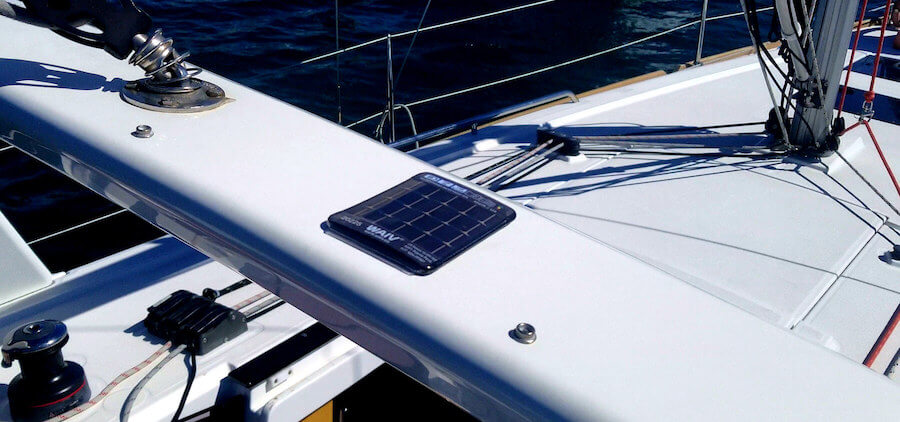
2. Hulls and Decks
Give your boats regular rinses, occasional washings, and seasonal face-lifts.
After each use, rinse dust and dirt from your hulls. Swab the decks, but be careful not to splash anything on your electronics. If you don’t have a pressure washer, try a garden hose with a spray attachment.
Some boat rental operators use marine soap. Others use car soaps. Avoid abrasive brushes and cleaners which can damage finishes. Use marine wax to protect your paint and keep your vessels looking like new.
3. Rails and Handles
Safety isn’t just about PDF and fire extinguishers. Your boats include many onboard safety devices.
For example, you need to inspect your non-skid surfaces for wear and tear. When replacing them, make sure to use materials with excellent slip resistance in both wet and dry conditions.
Test all handrails, handles, and guardrails for sturdiness. Consider what equipment an inexperienced boater might lean on or grab in an emergency. And, of course, encourage older boaters to wear sturdy footwear on your vessels.
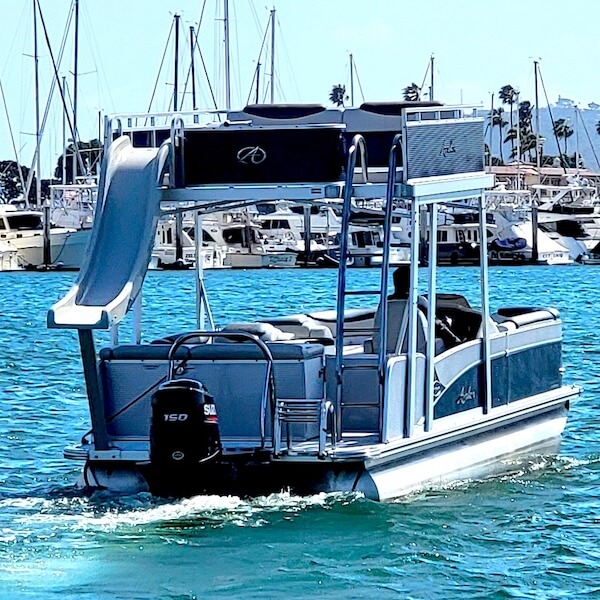
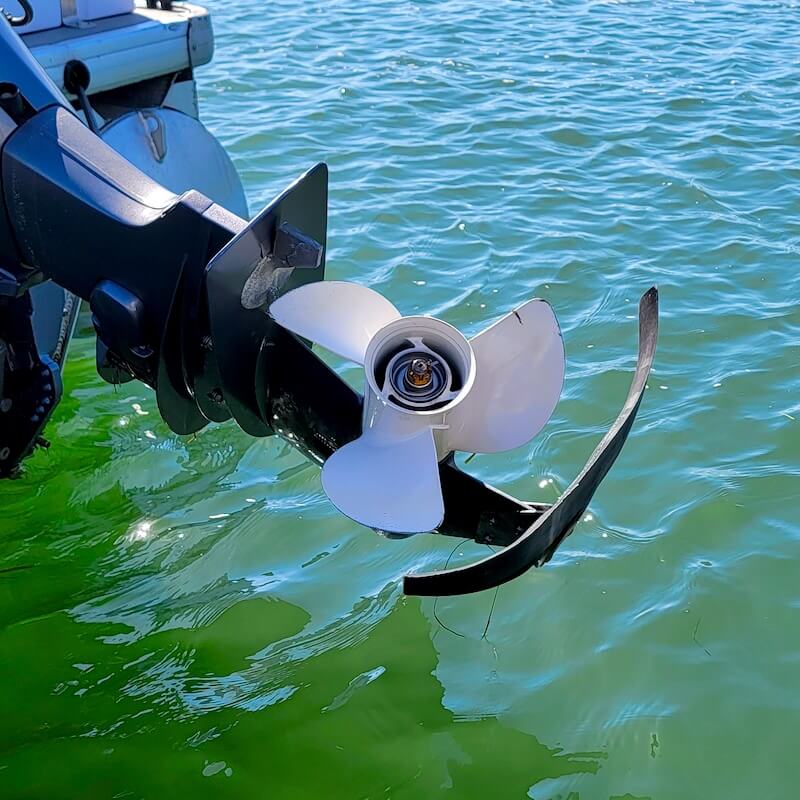
4. Maintenance and Repair
Proper maintenance and repair are a must for rental fleets. It just doesn’t pay to skimp on regular maintenance. Your fleet turnover rate will be far slower when you pay attention to the little things.
Keep a fleet-wide schedule of oil changes and battery replacements. And be sure to inspect your lines, no matter their purpose. Most of all, don’t ignore minor engine issues — you never know when they’ll erupt into big problems.
Fleet rotation matters – and not just for wear and tear. Always have a few boats set aside for maintenance during weekdays and other slow times.
And pay special attention to your most popular boats. It can be hard to pull that shiny new vessel off the rental board. But, because your most popular rentals get the most use, they need the most TLC.
5. Educate New Renters
During peak of the Covid pandemic, many people were renting boats for the first time. It gave them a chance to breathe easy and get out on the open water.
And you can expect many newbie boaters this summer as well. This helps your bottom line, but it can take a toll on your boats.
New boaters have a lot to learn. They should be aware of your state’s laws regarding safety classes, recreational licenses, and insurance. They need to consider on-shore social distancing and pod safety. And, of course, they need to set reasonable goals for their first outings.
Protect your fleet by spending a little extra time with new boaters. Even returning renters may need a little help. Of course, you’ll show them the basics, like lifejackets, throwables, safety books, and fire extinguishers. However, these folks will also need to understand the ins and outs of the specific boat that they are renting.
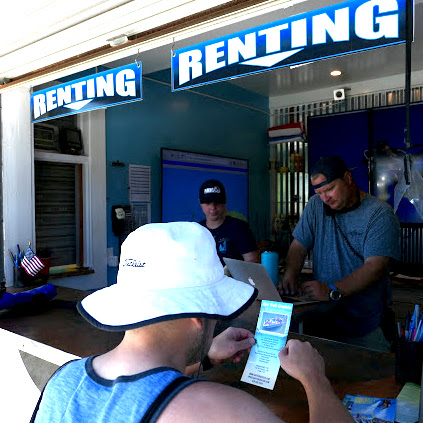
Make sure inexperienced boaters understand how to use depth finders and GPS systems. Help them identify no-go zones and be sure they know how to avoid them. And be sure people know how to communicate with you in case of an emergency. At the very least, make sure they know to release the mic button to hear your staff on shore!
Let’s face it. Running aground and waiting for a tow is no fun. You want your new boaters to have a blast. You want them to become regular customers. And you certainly want to keep your boats safe and sound.


